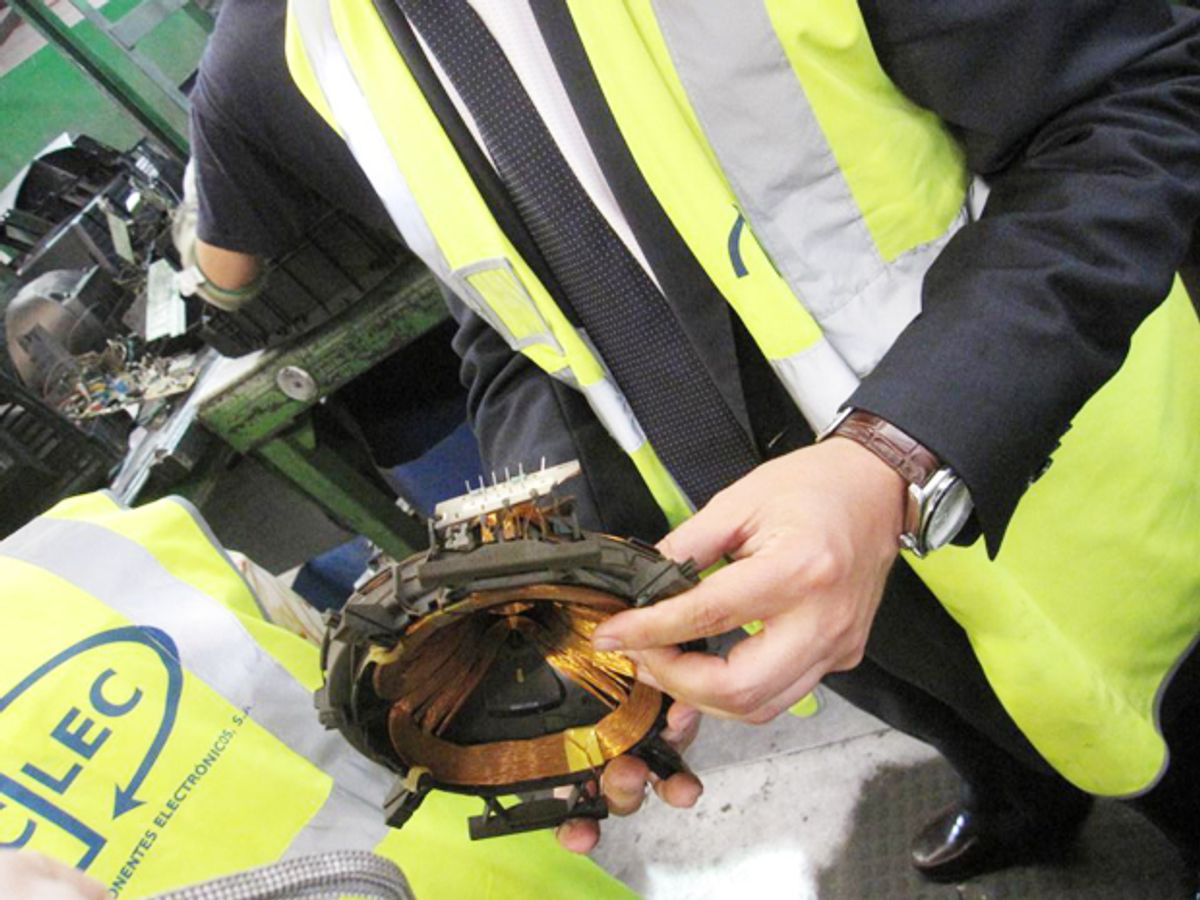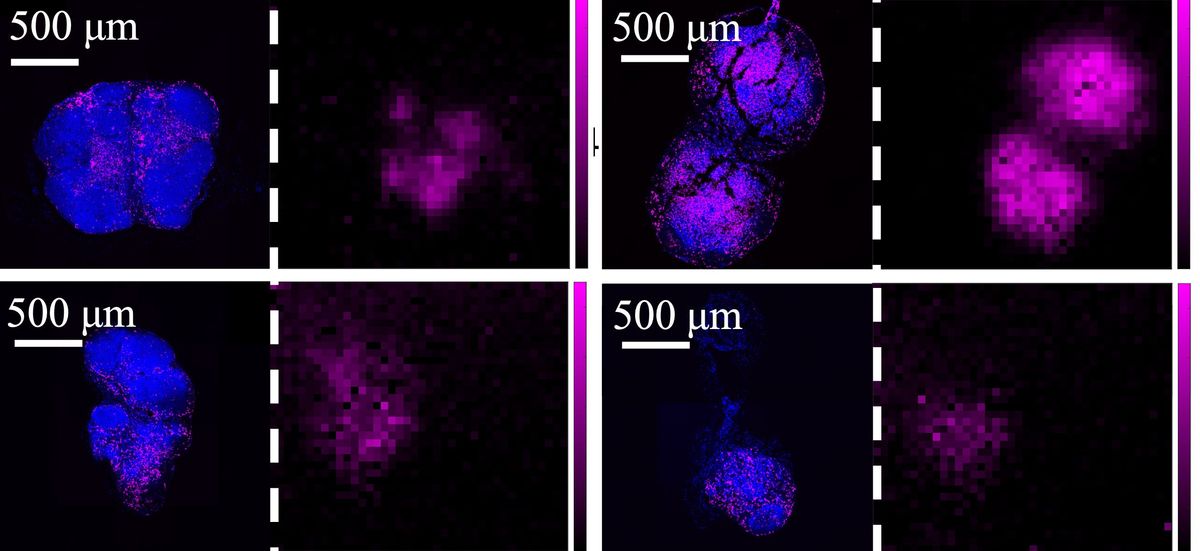Broken electronics shipped off to foreign shores can lead to environmental damage and health risks for scavenging workers. But a European Union-funded report has found that mismanagement and illegal trading of electronic waste within Europe itself can involve 10 times the amount of e-waste that ends up as undocumented exports to other countries.
Theft of circuit boards and precious metals in e-waste accounted for between $877 million and $1.86 billion in lost value for legitimate waste processors in Europe, according to the findings of a 2-year project titled Countering Waste Electrical and Electronic Equipment (WEEE) Illegal Trade. About 4.7 million metric tons of e-waste ended up being mismanaged or lost due to criminal activity within Europe. By comparison, Europe exported 400,000 metric tons of nonfunctional e-waste and 900,000 metric tons of used but functioning equipment.
“The weight of Europe’s mismanaged e-waste alone equals that of a 10 meter high brick wall stretching from Oslo to the toe of Italy,” said Pascal Leroy, Secretary-General of the WEEE Forum, in a United Nations University press release.
Overall, Europe’s official collection and recycling systems accounted for only 35 percent of the used and waste electronics thrown away there in 2012: just 3.3 million metric tons out of 9.5 million metric tons. That suggests plenty of room for improvement in handling the other 6.2 million metric tons of discarded electronics.
The report included several suggestions for tightening up on Europe’s handling of e-waste. First, it recommended setting up an Operational Intelligence Management System to monitor organized crime’s suspected involvement in illegal e-waste trading. Most current evidence suggests that “e-waste crime” is committed by individual traders and companies on an ad-hoc basis.
A second step the report suggests is the establishment of a National Environmental Security Task Force to coordinate law enforcement investigations into the handling of e-waste. It also proposes banning cash transactions in the scrap metal trade across all European Union countries.
The world throws away about 41.8 million metric tons of electronics every year, according to a United Nations University study in 2014. But an earlier study by the Solving the E-Waste Problem (StEP) Initiative points to the e-waste problem only becoming larger in the coming years. Proper management of e-waste streams represents a necessity if engineers hope to get a shot at recycling e-waste in better ways.
Jeremy Hsu has been working as a science and technology journalist in New York City since 2008. He has written on subjects as diverse as supercomputing and wearable electronics for IEEE Spectrum. When he’s not trying to wrap his head around the latest quantum computing news for Spectrum, he also contributes to a variety of publications such as Scientific American, Discover, Popular Science, and others. He is a graduate of New York University’s Science, Health & Environmental Reporting Program.



